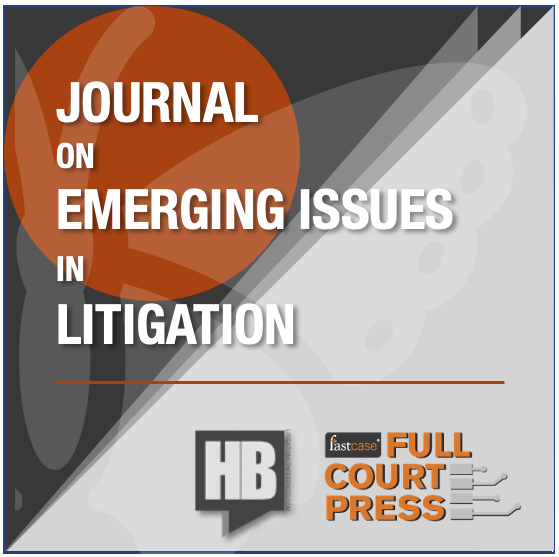PTSD in Mass Torts & Multi-Plaintiff Cases. What attorneys need to know.
PTSD in mass tort and multi-plaintiff cases. What attorneys need to know. Mass tort claims arise most frequently in man-made and natural disaster catastrophe litigation as well as personal injury, employment, product liability and toxic tort litigation. Frequently, these lawsuits include either primary or secondary allegations of emotional distress. PTSD is one of the most common emotional distress claims alleged within mass tort litigation, as well as allegations of depression and emotional stress (anxiety). Join an experienced psychiatrist and psychologist who will cover topics relevant to the forensic psychiatric assessment of emotional damages within mass tort and complex litigation. Agenda Introduction: Defining PTSD. What it is and what it is not. The methodological approach to assessing allegations of emotional distress in mass tort & complex litigation. The importance and the methodology of psychological testing as part of the assessment of emotional distress claims in mass tort litigation. Claimant population screening. Using psychological test instruments to differentiate claimants who require in-depth forensic psychiatric assessment from claimants who do not. Are all psych tests the same? Types of psychological test instruments we recommend and ones that we do not — and why. So-called “PTSD Tests.” Do they have a role in forensic psychological assessments? Accuracy and reliability of conclusions derived from psychological test data. Taking a “team approach” to emotional distress claim [...]






